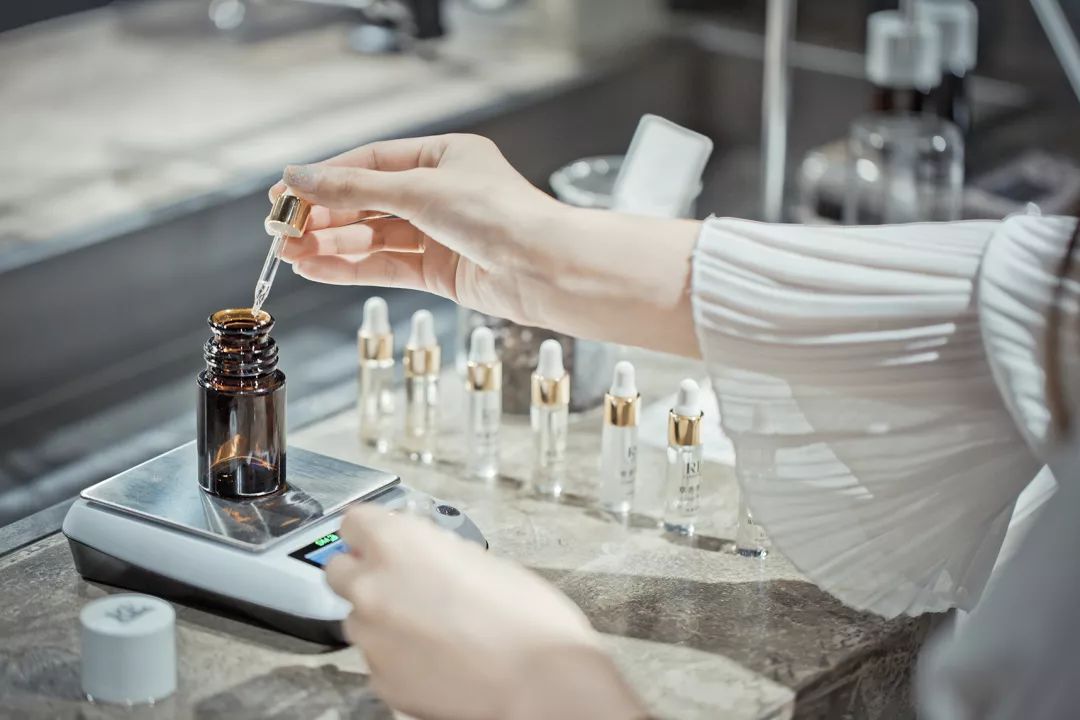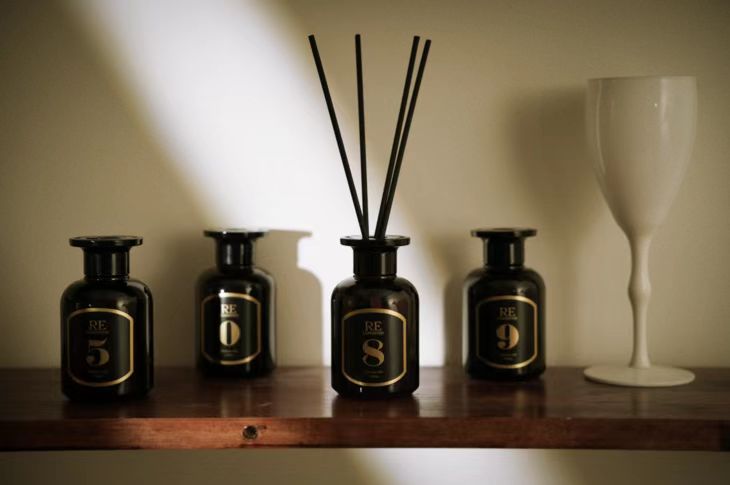Choosing the right guestroom toiletries is crucial for star-rated hotels, as it directly impacts guest satisfaction, brand image, and operational costs. From ingredient safety to packaging compliance, quality control to supply chain flexibility, each aspect requires professional consideration. This guide offers a neutral and practical approach to procurement, grounded in industry practices and standards.
1. Ingredient Safety and Functionality
When selecting high-quality guestroom toiletries, the safety and functionality of ingredients are paramount. For star-rated hotels, product safety not only affects guest health but also directly influences the hotel's brand image. Opt for products free from irritants and harmful chemicals, such as silicone oils, parabens, and artificial colorants.
Beyond basic cleansing needs, consider offering personalized functional products tailored to different guest demographics. For instance, for travelers fatigued after long flights, choose toiletries containing soothing ingredients like lavender or chamomile to help guests relax and alleviate travel-related stress.
2. Brand Selection: Balancing Reputation and Cost-Effectiveness
The brand's positioning should align with the hotel's image, target clientele, and overall style. For luxury or five-star hotels, selecting high-end brands that emphasize quality and uniqueness ensures consistency with the hotel's premium image. If the hotel prioritizes environmental sustainability, consider brands that focus on natural plant-based ingredients and eco-friendly principles, meeting modern consumers' demand for green products. For hotels with distinct regional cultural features, choosing local brands that incorporate local culture or natural elements can enhance the hotel's cultural ambiance and provide guests with a more localized experience.
Collaborating with reputable and influential brands can provide additional brand endorsement, further enhancing the hotel's image. Brands with high industry recognition or successful hotel partnerships can help the hotel stand out in a competitive market. According to retail market feedback, well-known brands typically attract more attention, and their store count and coverage are important references for evaluating brand influence.
Additionally, consider whether the brand can offer diverse and personalized fragrance combinations. Brands capable of customizing exclusive scents based on the hotel's features provide unique sensory experiences, significantly enhancing guest satisfaction and the hotel's distinctiveness.
3. Packaging: Balancing Operational Efficiency and User Experience
Packaging design serves as the "face" of guestroom toiletries, reflecting the brand's aesthetic style and directly affecting user experience and hotel operational efficiency.
Enhancing Operational Efficiency: From an operational perspective, reasonable packaging design can significantly improve work efficiency. Designing bottles that are easy to clean and durable can greatly reduce the workload of cleaning staff. Additionally, the recyclability and durability of packaging help reduce resource waste in daily operations, further improving overall efficiency.
Environmental Trends: With increasing environmental awareness, modern hotels are paying more attention to the environmental friendliness of packaging design. Many hotels are inclined to use large-capacity packaging to reduce single-use plastic. At the same time, using recyclable materials (such as PCR plastic) or refillable options not only reduces costs but also responds to current environmental trends, enhancing the hotel's sense of social responsibility in sustainable development.
Product Safety: In addition to aesthetics and environmental considerations, safety is also a key factor. Using bottle designs with anti-tamper features and theft-resistant stands ensures product integrity, preventing unauthorized changes without cleaning staff intervention, thereby safeguarding product safety and hotel resources.
4. Quality Control and Safety Certification
Ensuring that toiletries meet international standards is crucial. When procuring, choose qualified suppliers and request product quality inspection reports to ensure compliance with relevant health and safety standards.
Also, pay attention to whether the products have third-party certifications to ensure compliance and reliability in all aspects.
Compliant quality inspections not only ensure product safety but also enhance customer trust. Common certification standards include ISO quality management systems and GMPC (Good Manufacturing Practice for Cosmetics) certifications.
5. Developing Derivative Products: Enhancing Added Value
Developing derivative products can bring significant commercial benefits and brand enhancement opportunities to star-rated hotels. By creating personalized or scenario-based products, hotels can enhance guest experience and loyalty while generating additional revenue.
Scenario-Based Extensions: Offer portable travel sets for business travelers or customize tear-free children's toiletries for family rooms.
Co-Branding and Customization: In addition to custom toiletries, hotels can collaborate with renowned fragrance brands to create exclusive scents and develop co-branded fragrance series as derivative products, enhancing brand recall. By pairing these with toiletries, hotels can extend their exclusive scents to guestrooms, public areas, and spas, enriching the overall ambiance and providing guests with unique sensory experiences.
When selecting suppliers, hotels should focus on their flexible customization capabilities, industry experience, and R&D capabilities to bring unique products and competitiveness, ensuring the development of high-quality derivative products that align with brand positioning and guest needs.
In summary, selecting guestroom toiletries is a balance between rationality and emotion: adhering to standards while understanding consumer trends. Purchasers should comprehensively evaluate these factors to ensure product quality aligns with the hotel's positioning, enhancing the guest experience. Most importantly, establish long-term partnerships with suppliers, maintaining flexibility and innovation in product and service selection.




